Choosing between a branded link vs generic link is like choosing between wearing a tailored suit 🤵 with your name stitched inside or grabbing something off the rack.
Both can do the job, but one sends a different message.
In marketing, the type of link you share impacts trust, clicks, and how people perceive your brand.
Whether you are running an ad campaign, sharing on social media, or sending links via email, the way your link looks can influence your results more than you might think.
Let’s break down how these two types of links differ, why link appearance matters, and what real-world comparisons reveal about which one pulls in more clicks.
Understanding the Difference Between Branded and Generic Links
A short URL is more than a space saver.
It is a branding opportunity, a trust signal, and sometimes a dealbreaker for whether someone clicks.
Before comparing performance, it is important to understand how each type works.
What Makes a Link Branded
A branded short link uses a custom domain that reflects your name, company, or campaign theme.
Instead of something like bit.ly/3xk2pQ, you might have go.yourbrand.com/sale or yourbrand.link/offer.
The main elements that make a link branded are:
- Custom domain: A unique web address you control.
- Readable slug: Short, clear text after the slash
/offerthat hints at the destination. - Brand identity: Every time the link appears, it reinforces your brand name.
Marketers prefer branded links because they look professional, improve brand recall, and can be tracked easily for analytics.
How Generic Short URLs Are Created
A generic short link uses a shared domain from a public shortening service, such as tinyurl.com, bit.ly, or short.io.
Anyone can create a link from these services in seconds without owning a custom domain.
Generic short links are:
- Fast to create with no setup required.
- Free or low cost.
- Less personal, since the domain is shared with thousands of other users.
While they save time, they do not reinforce your brand, and in some cases, people might hesitate to click them due to lack of familiarity.
Key Visual and Functional Differences
| Feature | Branded Short Link | Generic Short Link |
|---|---|---|
| Domain | Unique to your brand | Shared by many users |
| Trust factor | Higher, due to recognition | Lower, due to generic look |
| Click tracking | Fully customizable | Basic or limited |
| Recall | Easier to remember | Harder to remember |
| Setup | Requires custom domain | Instant, no domain needed |
In short, branded URLs project credibility and professionalism, while generic URLs offer speed and simplicity.
Why Link Appearance Matters for Click-Through Rates
A link is the handshake before your content is read.
If it feels familiar and safe, people are more likely to click.
The appearance of your link plays a bigger role in CTR than many marketers realize.
The Psychology of Trust in Clickable Links
People are cautious about clicking unfamiliar links.
A branded short link that shows your name feels safer, especially in industries where scams are common.
For example, www.newbalance.com instantly tells the user it is from Nike, while bit.ly/3yZ8abc could be from anyone.
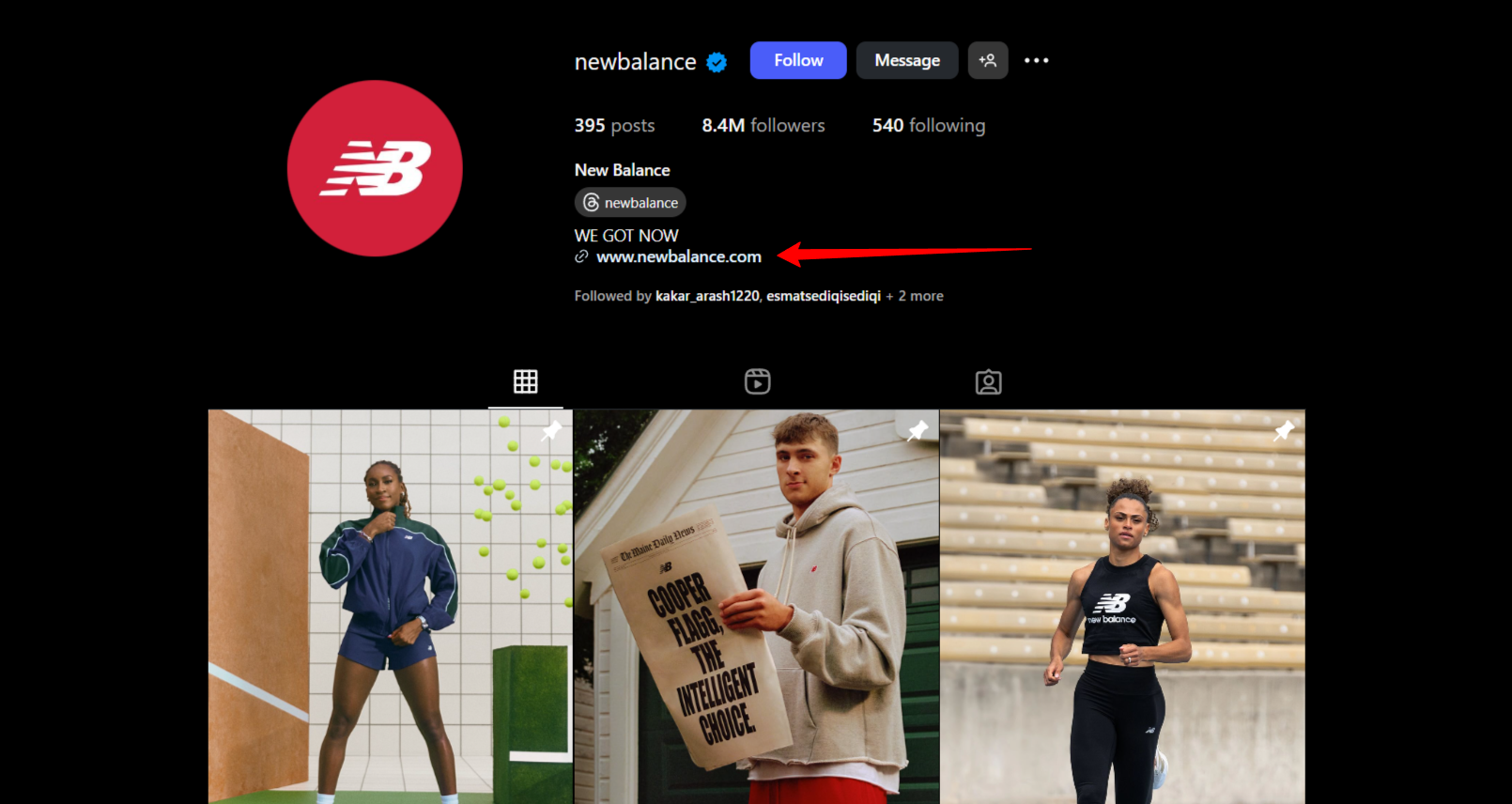
Trust comes from:
- Recognizable domains.
- Predictable link structure.
- Consistent use across channels.
When your audience sees your branded short link repeatedly, they build familiarity, which turns into trust.
Brand Recognition and Memorability
A custom short link keeps your brand in front of your audience, even in something as small as a URL.
Every share reinforces your name and makes your content easier to remember.
For example:
- Branded:
go.spotify.com/promo→ instantly connects to Spotify. - Generic:
bit.ly/3Qp9xZ→ forgettable after the first click.
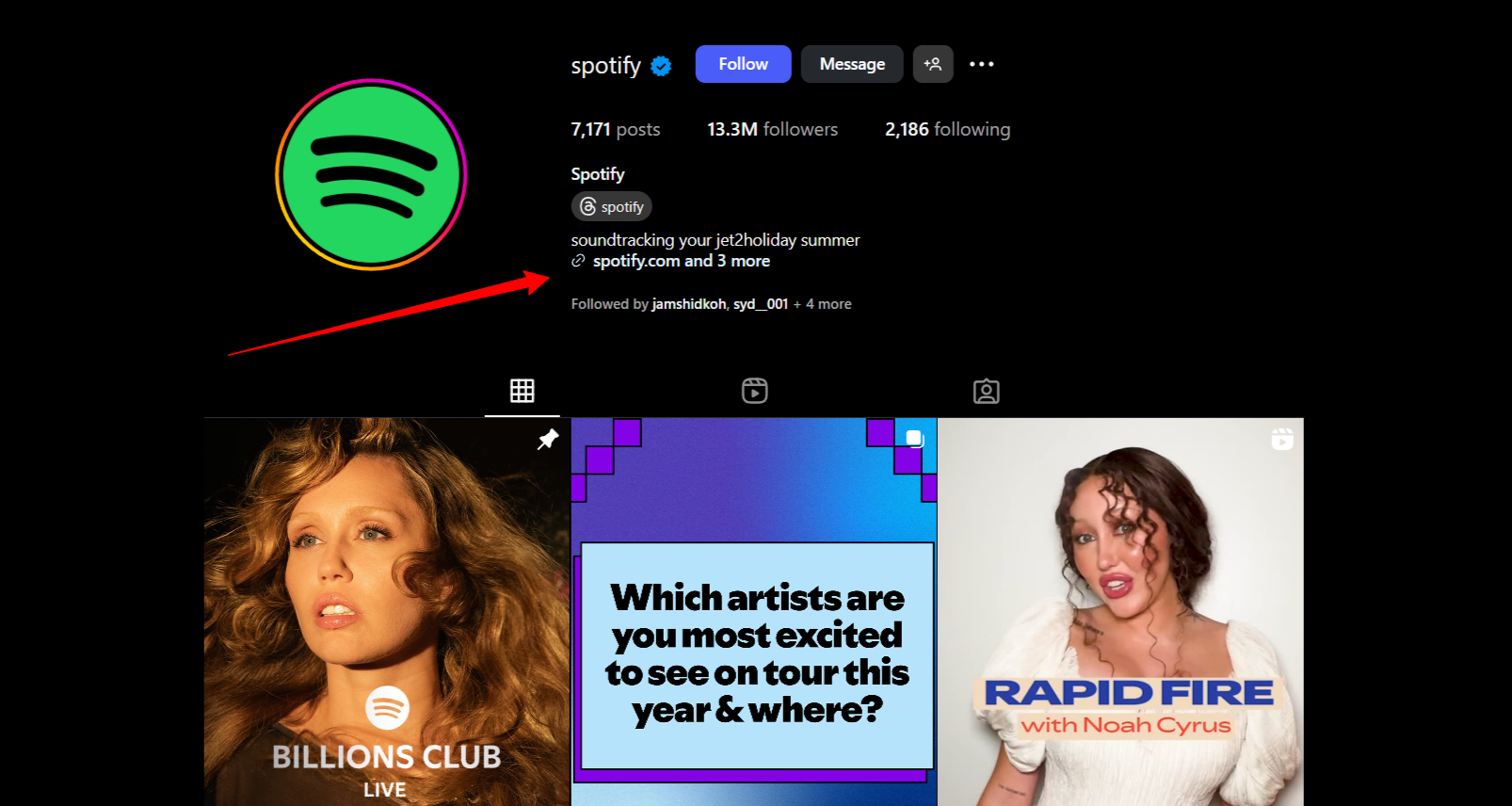
This is especially important for campaigns where people might not click right away.
If they remember your branded link, they can return to it later without searching through old messages.
First Impressions in Social Media and Ads
In fast-scrolling environments like Twitter, Instagram, or Facebook ads, your link gets only a second of attention.
A branded short link can make your post look polished and professional, while a generic link can make it feel like an afterthought.
People judge credibility quickly, and in paid ads, a trustworthy-looking link can be the difference between a click and a scroll past.
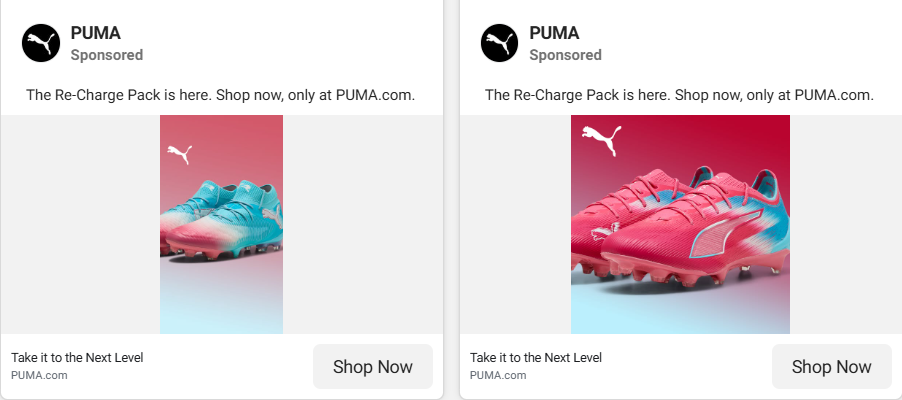
Comparing Branded and Generic Links in Real-World Scenarios
Numbers do not lie, and in marketing, click-through rates tell the real story.
Testing both link types in identical campaigns can reveal which one resonates more with your audience.
CTR Results from Split Testing
Multiple marketing case studies have shown branded short links consistently outperform generic ones in click-through rate.
In some reports, branded URLs see up to 34% more clicks compared to generic links.
Example scenario:
- Campaign A: Uses
brand.link/offerand gets 1,340 clicks. - Campaign B: Uses
bit.ly/3xaB9pand gets 1,000 clicks.
That difference compounds over time, especially for high-volume campaigns.
Why the difference?
Branded links combine trust, relevance, and memorability.
Generic links, while functional, lack the immediate recognition that encourages a click.
Security and Spam Concerns
Another factor in performance is security perception.
Generic short links are often used in spam or phishing attempts.
Some users hesitate to click them without context, and certain email providers or social platforms may flag them.
Branded short links, on the other hand:
- Are tied to a known domain, reducing suspicion.
- Help avoid being filtered by spam detection tools.
- Give recipients confidence about the source.
For industries like finance, healthcare, and e-commerce, this trust is not optional, it directly impacts campaign results.
Long-Term Impact on Brand Perception
Links are part of your brand presence.
Over time, repeated exposure to generic short links can dilute brand recall because they keep the shortening service’s name front and center, not yours.
On the flip side, using a consistent branded domain in all your campaigns:
- Reinforces your name across every platform.
- Builds a professional image.
- Creates a cohesive marketing identity.
Think of it like product packaging, the more consistent and recognizable it is, the more likely customers will remember you.
How to Create Branded Short Links Without Technical Hassles
Many marketers assume setting up a brandable short link is a complex process, but the truth is it can be done in minutes with the right tools.
You do not need a web developer or advanced tech skills to start using branded URLs.
Choosing a Custom Domain for Shortening
The first step is selecting a domain that represents your brand. This could be:
- A shorter version of your main website name
- A keyword that reflects your business focus
- A campaign-specific term
For example:
- Brand name based:
go.companyname.com - Campaign based:
shopwithus.link
Keep it short, easy to spell, and relevant.
Avoid using numbers or random characters unless they have meaning for your brand.
Tools That Support Branded Link Creation
There are several link management platforms that let you connect your custom domain and start shortening links immediately.
These tools not only help with creation but also with organizing and tracking your campaigns.
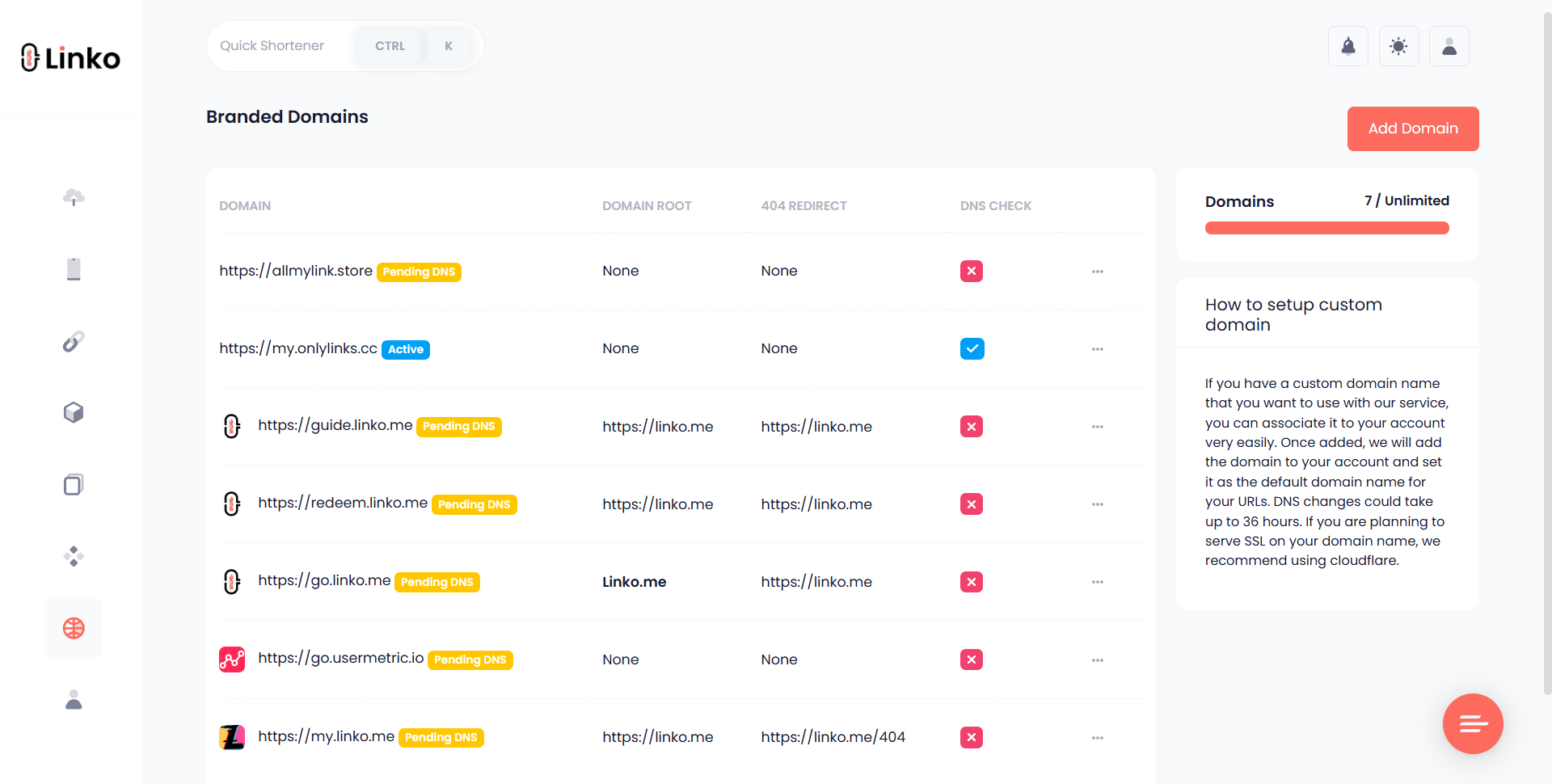
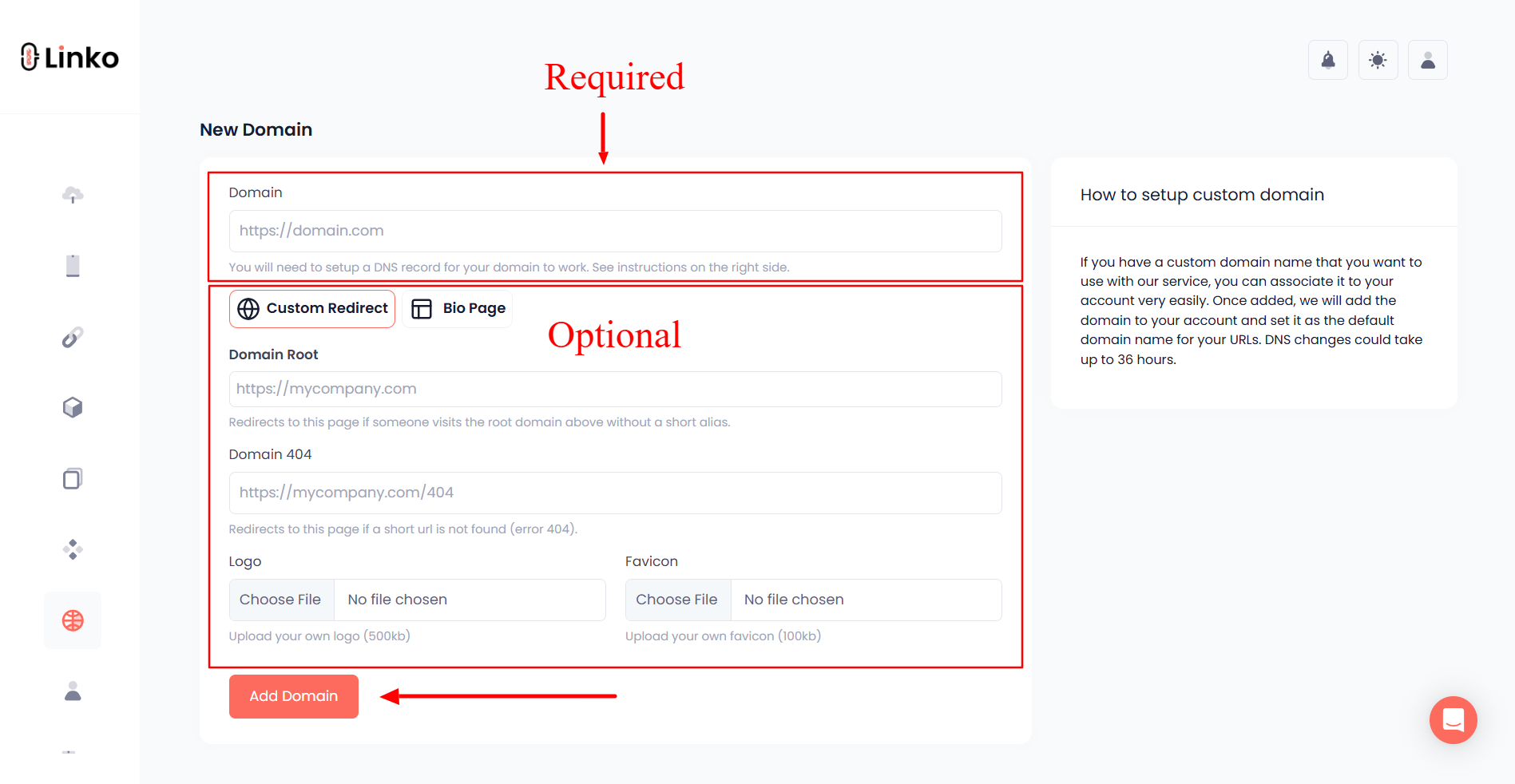
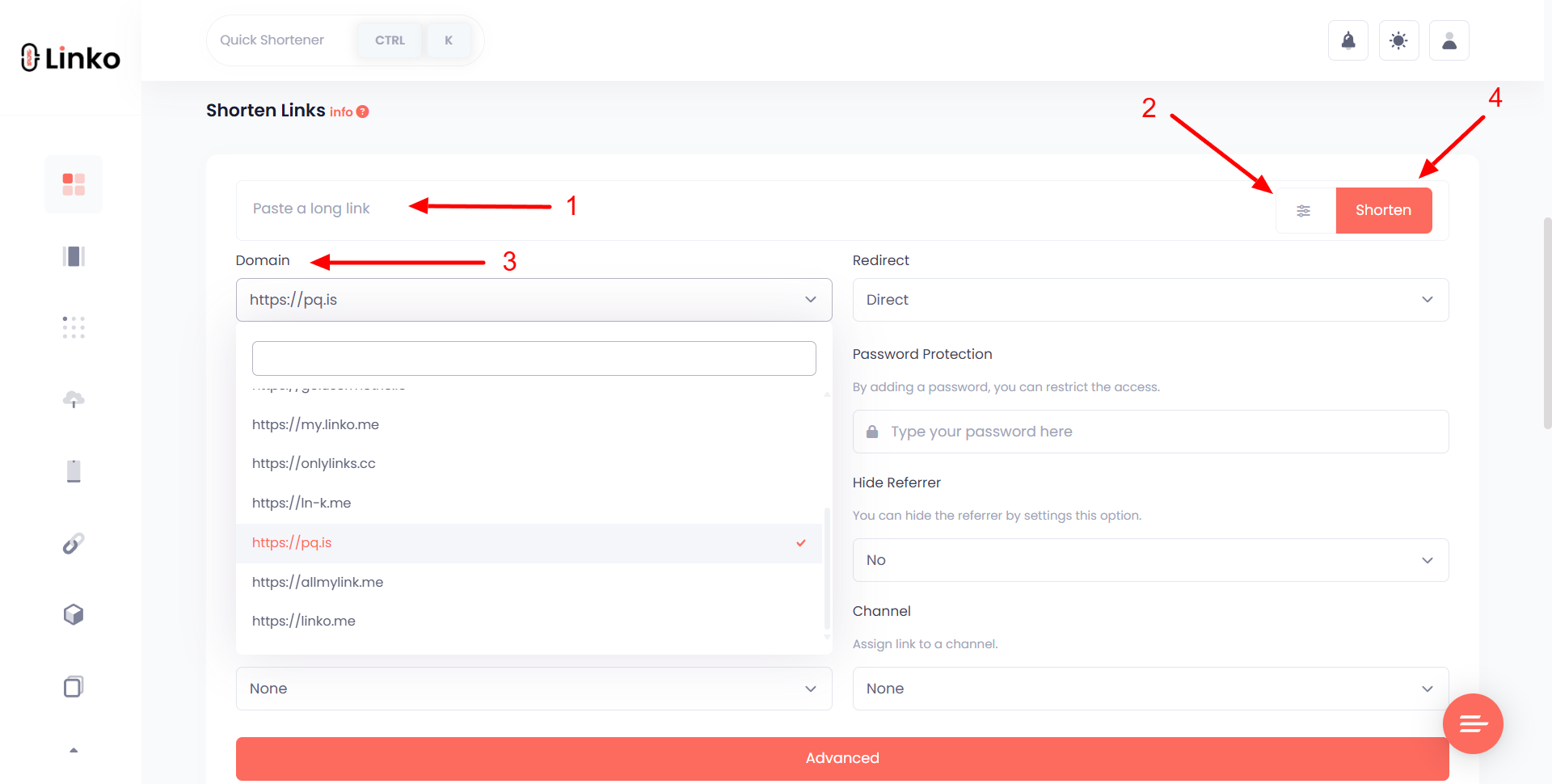
Popular features to look for:
- Bulk link shortening for large campaigns
- Tagging and grouping for organization
- Integration with analytics tools
- QR code generation tied to your branded domain
With services like Linko, you can create branded short URLs, manage multiple campaigns, and generate QR codes, all from one dashboard.
Setting Up Tracking for Detailed Analytics
One of the main benefits of branded short links is the ability to track clicks in detail.
You can see:
- Total clicks per link
- Clicks by country, device, or platform
- Conversion tracking through UTM parameters
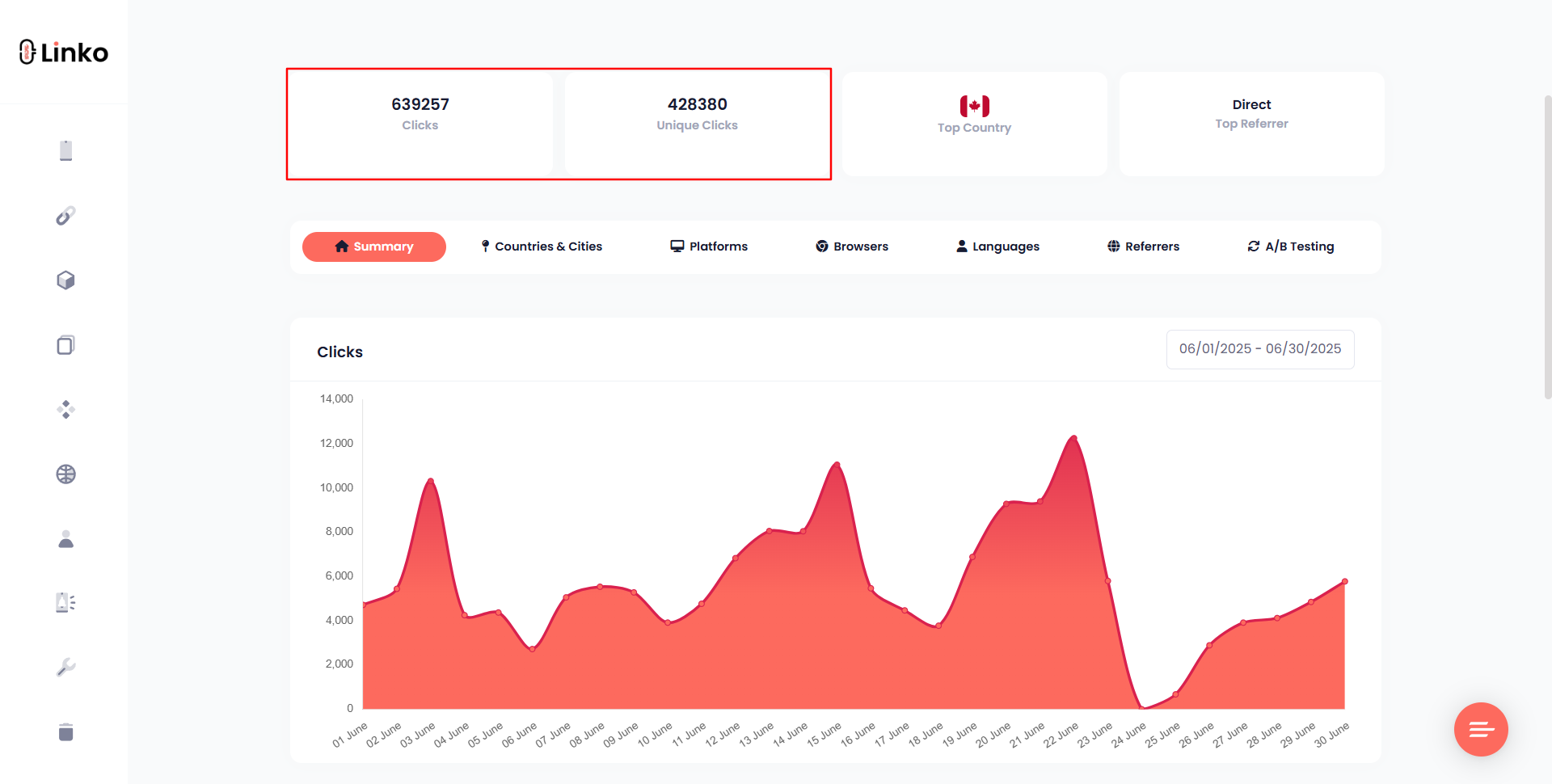
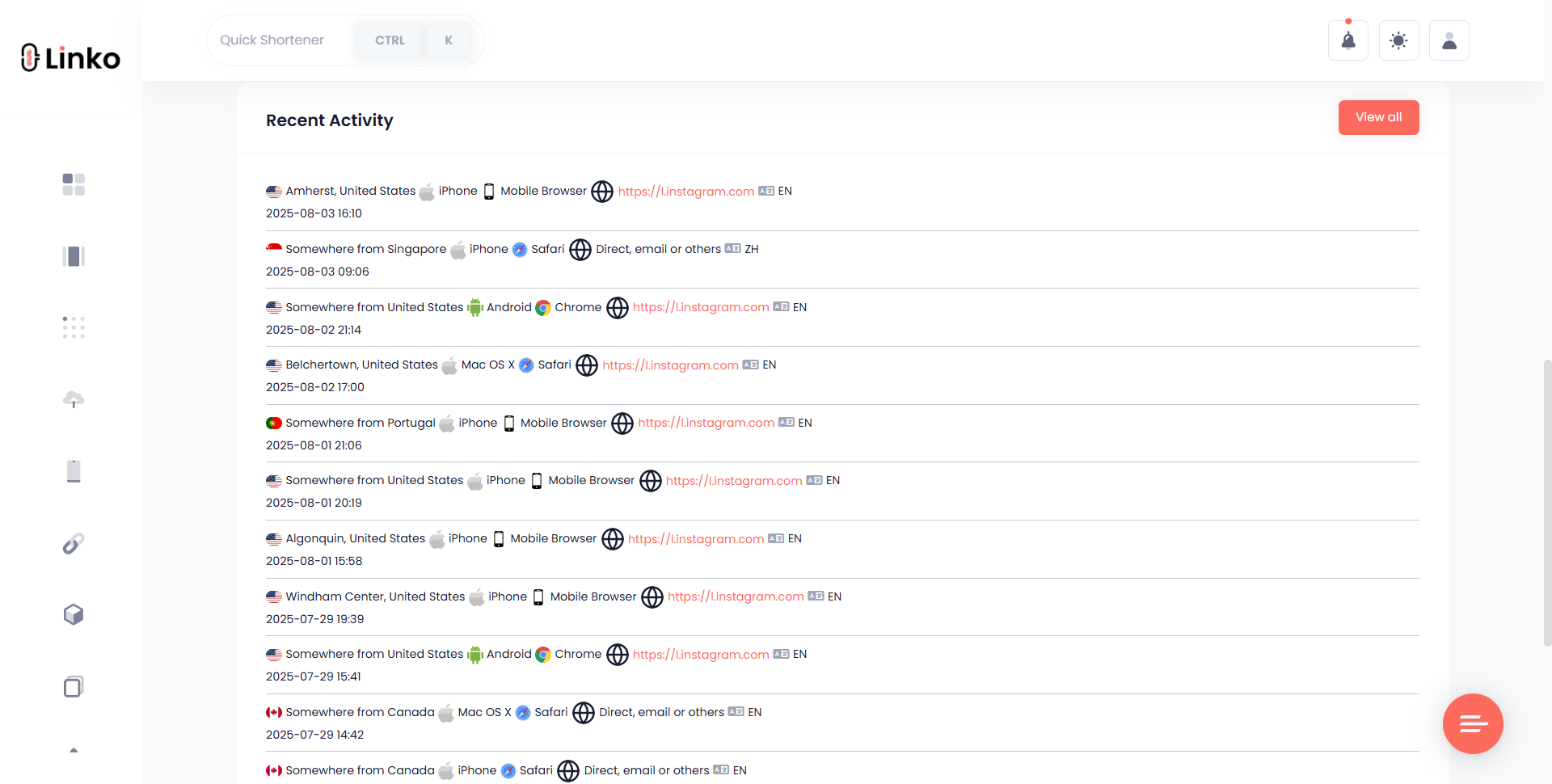
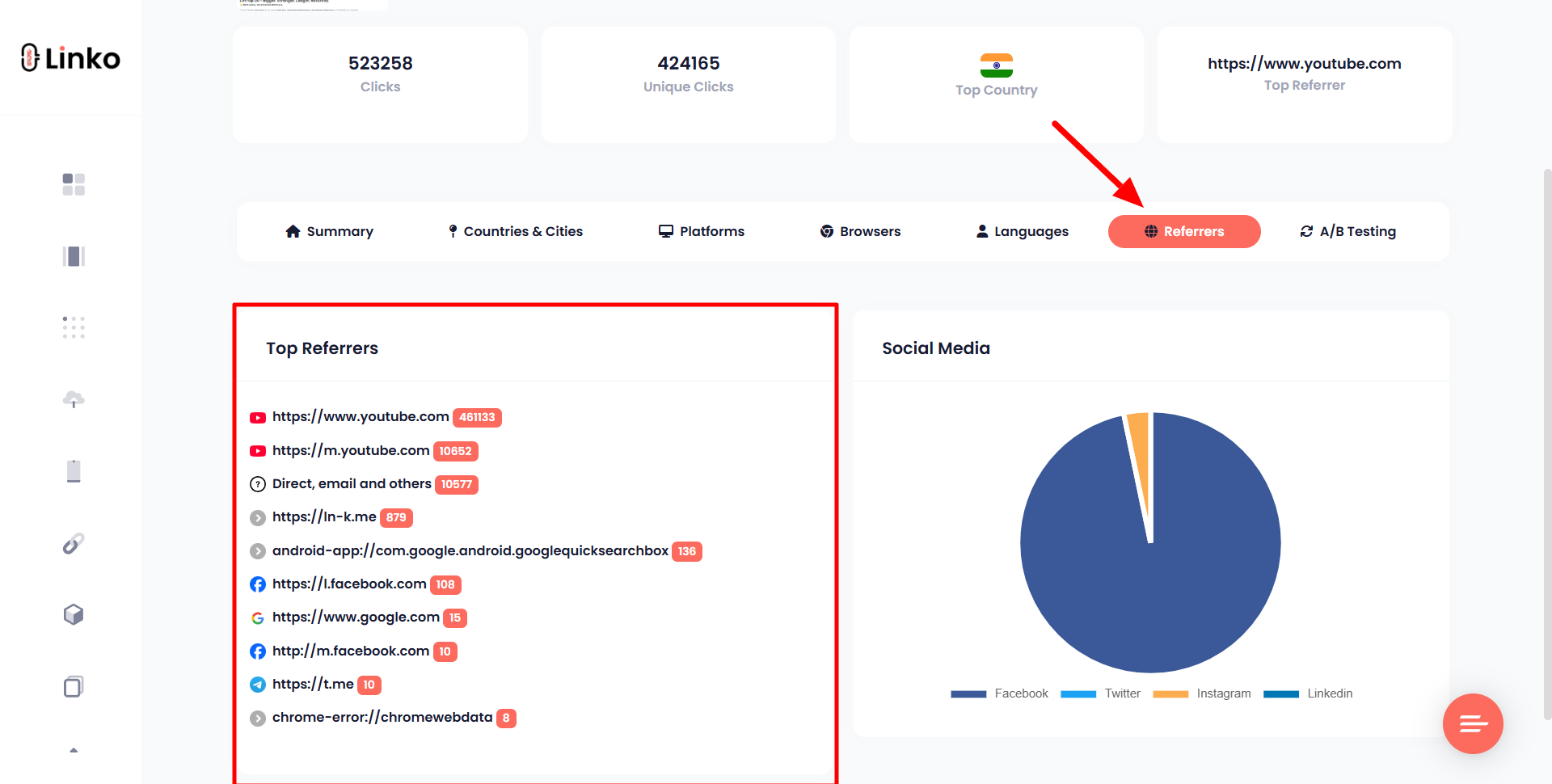
This data helps you measure which channels bring the most engagement and which campaigns need adjustments.
Branded short links paired with analytics give you a clearer picture of your ROI.
When to Choose Branded Over Generic Links (and Vice Versa)
Not every situation calls for a custom domain.
Both branded and generic URLs have their place in marketing, the key is knowing when to use each.
Deciding Factors for Businesses and Creators
Choose branded short links when:
- Building brand recognition is a priority
- Running paid ad campaigns
- Sharing links in environments where trust is important (finance, health, e-commerce)
- You want detailed analytics and campaign control
Choose generic short links when:
- You need a quick link without setup
- The link is temporary or for internal use
- You are testing concepts before investing in branding
Matching Link Strategy to Campaign Goals
For awareness campaigns, branded links make more sense because they reinforce your name.
For quick, low-stakes communications, generic links are fine.
Think of it like packaging, you would use custom, branded packaging for a product launch but might use plain wrapping for internal shipments.
Common Myths About Branded and Generic Links
Even experienced marketers fall for a few link-related myths:
Myth 1: Branded short links always guarantee higher clicks.
Reality: They often perform better, but results still depend on content relevance, targeting, and timing.
Myth 2: Generic short links are unsafe.
Reality: They can be safe when used responsibly, but they have a higher chance of being flagged because scammers misuse them.
Myth 3: Setting up a branded domain is complicated.
Reality: With the right tools, it takes minutes to set up and start using.
Final Thoughts
The choice between branded and generic links should come down to your marketing goals, audience, and the type of campaigns you run.
Branded short links build trust, improve recall, and create a consistent presence across platforms. Generic links offer speed and simplicity when branding is not a priority.
If you are serious about long-term marketing growth, investing in a branded link strategy will pay off in both clicks and brand recognition.
But for one-off or internal projects, a quick generic URL can still get the job done.
The key is knowing which tool to pick for each job and making sure every link you share works for your goals, not against them.
FAQs
Do branded short links improve SEO?
No, they do not directly affect SEO rankings, but they can improve click-through rates, which can indirectly benefit your content visibility.
Can I change the destination of a branded link after sharing it?
Yes, most link management tools let you edit the destination without changing the URL.
Are branded links more expensive to maintain?
They require a domain purchase and possibly a subscription to a link management tool, but the cost is often minimal compared to the marketing benefits.
Can I use branded short links for offline campaigns?
Absolutely. They work great on posters, flyers, and product packaging, especially when paired with a QR code.
What happens if my branded link domain expires?
Your links will stop working, so make sure to renew the domain regularly to maintain functionality.

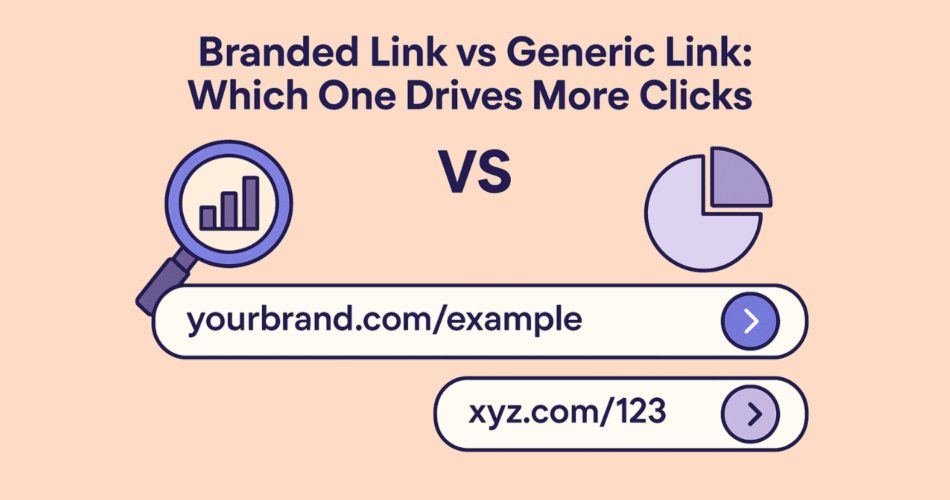
Comments